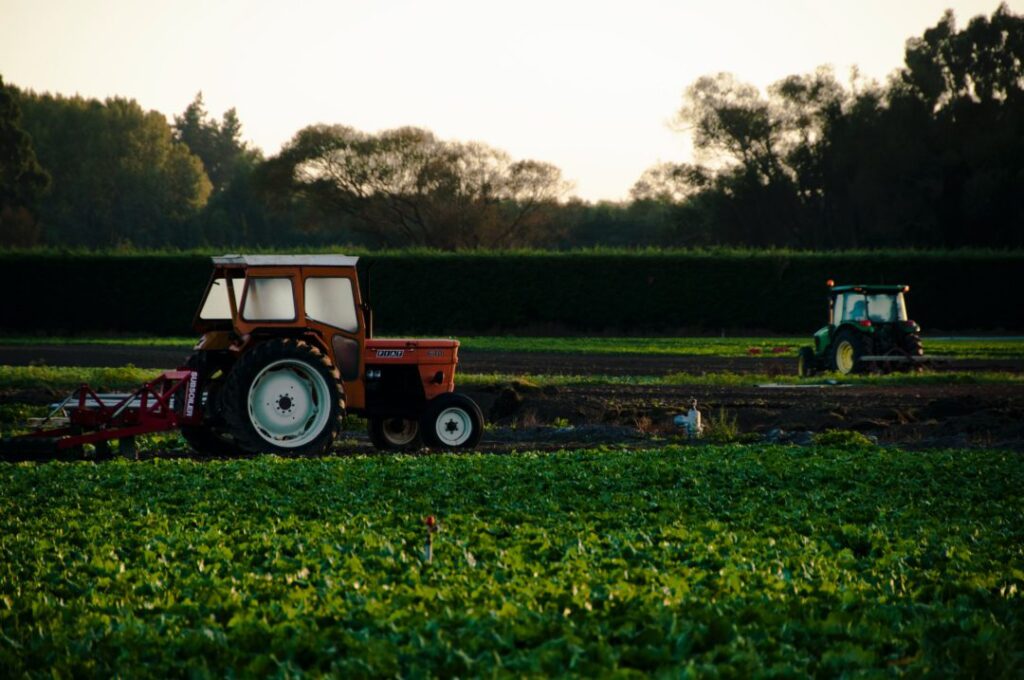The Covid-19 pandemic and the lockdown that ensued has brought out the frailties of the European agro-industry. But now that cross-border agricultural trade is beginning to get back on track, the industry is in dire need of a recovery plan. While this may seem like a job for the policy-makers, farmers actually have a large role to play.
The team at Kelly Tillage Europe weighed in on the matter, and here is what we have to say.
Prioritising policies
The European agro-industry has a number of policies to look after its various aspects. These include the Farm to Fork strategy, the Common Agricultural Policy, the Biodiversity Strategy, and etc. Keeping in mind the recovery factor, the most important amongst these is the Farm to Fork strategy. The primary need to drive agricultural trade must to be balanced with the supply levels of the local populace. This is best done through a model that allows farmers to directly sell to the dealers in the cities, cutting out the middlemen.
While the other policies and strategies are also important in their own right, the primary need as of now is to ensure that farmers are able to gain back their lost profit. So, it is also the role of farmers to ensure that they use all available resources to meet the demands of both trade and local markets.
Building soil health
Adding to the previous point, the need for ensuring that farmers can produce the maximum yield possible is higher than ever. Ever since the beginning of Covid-19, there has been a sharp fall in demand for agro-products, but now the scenario is once again changing rapidly. The best way to ensure that this change can be capitalised on is by building up the soil health across farms.
But soil health is just one side of this coin, where the other side is the environment. Tending to both of these factors together can build a sustainable process of maximising yields that will help both smallholder farms and industry level farmers. But currently, there is little being done to ensure that biodiversity is protected at every micro level. The agro-industry as a whole needs to reshape its processes and resources to introduce a sustainable farming process.
Building a new business model
Agriculture, just like all businesses in the post-Covid world needs to be reshaped. Looking at the current scenario, government support towards agro-businesses is an extremely important step that needs to be introduced as soon as possible. The process of recovery not only requires financial assistance, but also policies that can make a sustainable business model viable to all farmers.
Creating a positive change through environmentally friendly farming is the long-term goal. But the short-term goal needs to be ensuring subsidised ecosystem services and shorter supply chains for farmers. The availability of both these factors together will propel the recovery rate for the agro-industry to its maximum.
As we can clearly see, the European agro-industry needs a change from the bottom up. The means of these changes can be varied, but the model needs to ensure that the process begins with the farmers and ends at shaping a new food system. Concentrating on a singular aspect at a time will not be useful, although a clear grading of policies based on their importance is also necessary.
The task at hand is quite enormous and requires critical policy creation to deliver. Whether it will be successful, only time will tell.


